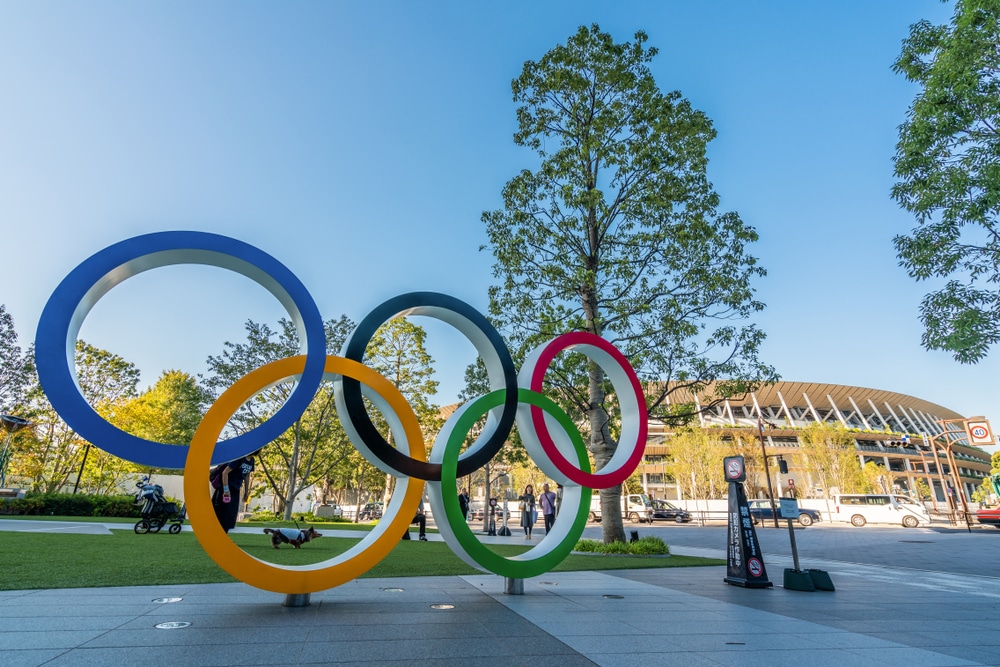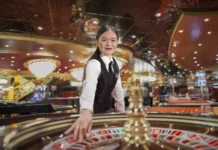
The Tokyo Olympics, scheduled to start on July 23, are at risk of being cancelled as cases rise and governors call for another state of emergency to curb the spread of the virus.
The governors of Tokyo, Chiba, Kanagawa and Saitama – prefectures where Olympic events are scheduled to take place – have petitioned the central government to introduce another state of emergency as the country struggles to deal with the spread of the pandemic. In Tokyo, over 1000 new cases were reported, making for a total of 62,590 – the highest of all 47 prefectures. Former prime minister Shinzo Abe first declared a state of emergency in spring 2020 that lasted until May; current prime minister Yoshihide Suga is under pressure to do the same but is said to be hesitant to do anything that will further damage the Japanese economy.
At the time of writing, however, the Olympic and Paralympic games are still scheduled to go ahead as planned – albeit a year later than originally intended. Totkyo 2020 president Yoshiro Mori declared at a news conference that all 68 sponsors of the games remain committed to the games, even though a recent poll found that a majority of Japanese are opposed to the games being held in 2021 – 32% want them postponed beyond 2021, 31% favour cancelling them altogether. Although the games are still seven months away, a decision will have to be made much sooner about whether they can be held safely or not. Meanwhile, the initial postponement of the games from 2020 will cost an additional 294 billion yen (€2.24bn), bringing the final budget to around €12.3bn.
Perhaps as a way of firming up wavering opinions, Olympic Committee president Thomas Bach posted a New Year’s message on the IOC website expressing his gratitude and admiration for Japan in its determination to hold the Olympics. “We can only thank our Japanese partners and friends for their great commitment and their determination,” he wrote, “which is absolutely in line with our commitment and our determination to organize these games in a safe and secure way for all the participants and to make these Olympic Games fit for the post-coronavirus world.” Fingers crossed that he’s right.




